NINDS
-
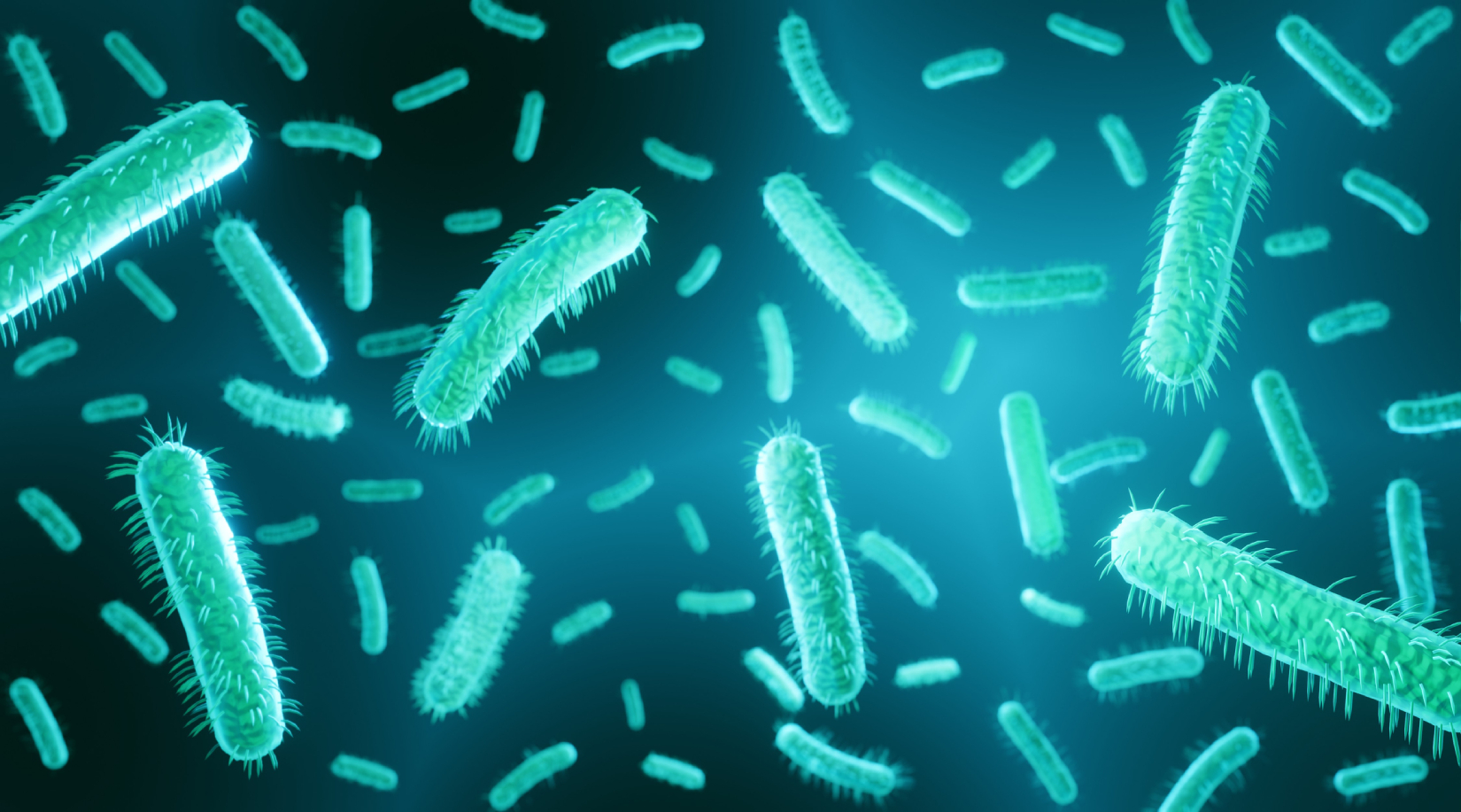
Study describes how E. coli co-opts cells, causes recurrent UTIs
Researchers at Vanderbilt University Medical Center have discovered why the uropathogenic bacterium E. coli, the leading cause of urinary tract infections, is so tenacious; their findings could lead to new ways to prevent recurrent UTIs. Read MoreAug 25, 2022
-

Brain circuits in schizophrenia
Vanderbilt psychiatrists are probing brain circuit hyperactivity implicated in schizophrenia, with the idea that normalizing the hyperactivity may improve cognitive processes. Read MoreSep 20, 2021
-
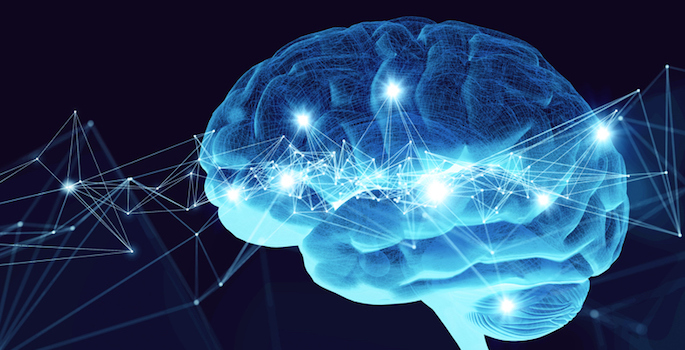
Sudden death from deep in the brain?
Vanderbilt neurologists found altered excitability in deep brain structures that they note may drive respiratory dysfunction and sudden death in a rare form of epilepsy. Read MoreAug 9, 2021
-

Heat for hypertension in autonomic failure
Heat therapy could offer a novel nonpharmacologic approach for treating the overnight hypertension that affects patients with autonomic failure. Read MoreMay 25, 2021
-
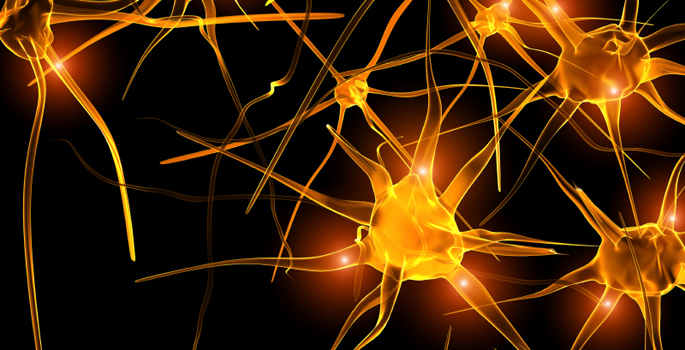
Imaging guidance for nerve repair
A noninvasive, quantitative MRI method could be used after surgical repair of traumatic peripheral nerve injury to help clinicians make decisions about whether additional surgical interventions are needed. Read MoreFeb 9, 2021
-

Inflammation in genetic epilepsy
Brain inflammation links genetic and acquired epilepsy — providing new clues about epilepsy development and pointing to potential treatments. Read MoreJan 21, 2021
-

Imaging “biomarker” for Alzheimer’s disease progression
Changes in connectivity in the brain’s white matter may be a novel neuroimaging biomarker for assessing Alzheimer’s disease progression. Read MoreNov 16, 2020
-
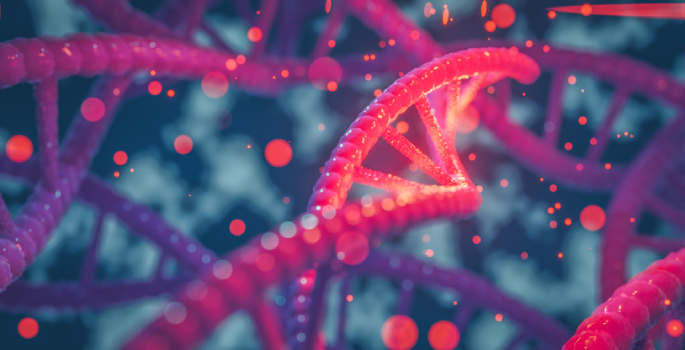
Single mutation causes seizure disorder
A single mutation in one gene can impair inhibitory signaling in the brain and cause multiple types of seizures and behavioral abnormalities. Read MoreJun 22, 2020
-

Loss of ‘Jedi’ alters neuron activity
This is not the Jedi you're thinking of. This Jedi is a receptor that helps clear away dead neurons during development, and its loss changes the activity of dorsal root ganglia neurons, which could have implications for treating chronic pain. Read MoreMar 10, 2020
-

Protein interactions and brain function
Roger Colbran and colleagues have discovered new molecular details about the function of an enzyme with a key role in shaping learning and memory. Read MoreFeb 20, 2020
-
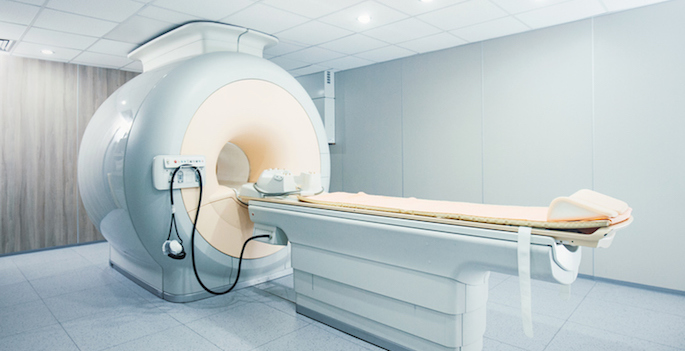
Imaging nerve regeneration
Diffusion MRI may provide a noninvasive approach to assess nerve regeneration and distinguish successful from unsuccessful repairs earlier. Read MoreJan 28, 2020
-
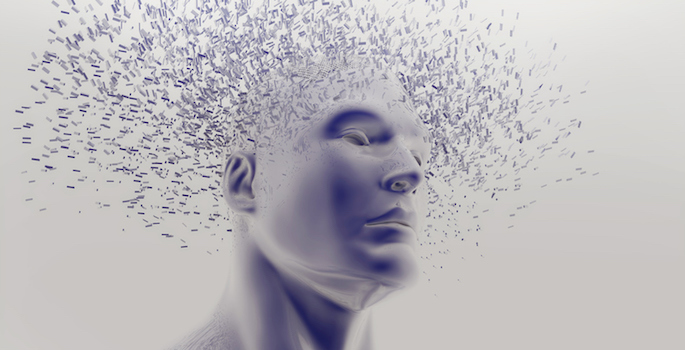
A new anti-seizure target?
Vanderbilt neurologists have identified a protein modification that could be targeted to reduce neuronal excitability in epilepsy. Read MoreDec 12, 2019
-
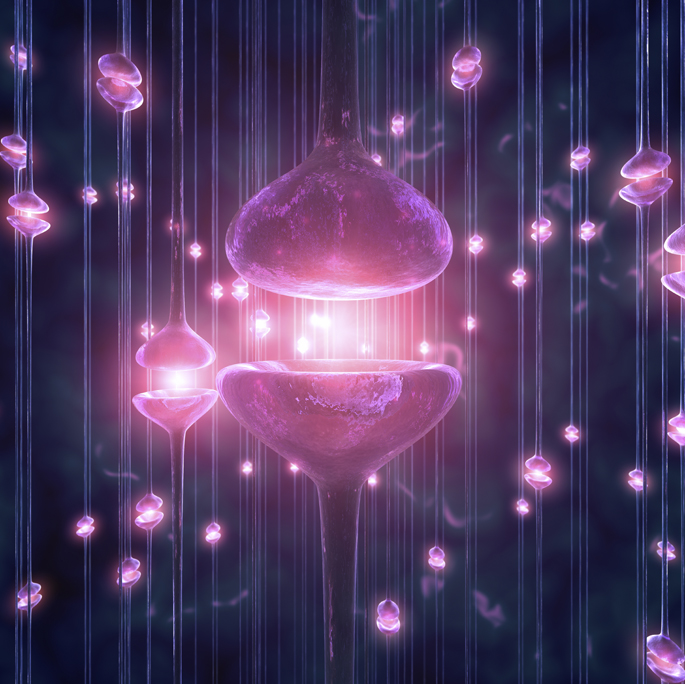
Microscopic spines connect worm neurons
Worm neurons have microscopic “spines” — where nerve-to-nerve communication happens — that share features with mammalian neurons, supporting the use of worms to study spine genetics and biology. Read MoreOct 17, 2019
-

Astrocytes and epilepsy
A protein with important functions in astrocytes — star-shaped brain support cells — may alter neuronal excitability and contribute to seizure activity, Vanderbilt researchers report. Read MoreSep 9, 2019
-

How nerves may lose their insulation
Vanderbilt’s Bruce Carter and colleagues have discovered how genetic changes in the protein PMP22 may contribute to a disease of peripheral nerves. Read MoreAug 22, 2019
-

Exploring the brain’s white matter
Though neurological activity is generally associated with the brain's gray matter, Muwei Li and colleagues have now measured it in white matter as well. Read MoreMar 14, 2019
-

Probing the pathology of impaired cognition
A new link between a support protein within the brain's white matter and known Alzheimer's biomarkers discovered by Angela Jefferson and colleagues bring researchers a step toward earlier and more precise detection of neuropathology underlying cognitive impairment that may lead to new targeted therapies Read MoreOct 26, 2018
-

Study links aortic stiffness with lower cerebral blood flow
A symptom related to hypertension may play a role in cognitive decline, according to new research by Angela Jefferson. Read MoreAug 30, 2018
-

New view of the heartbeat
Structural views of the proteins that regulate the heartbeat may help improve existing treatments for cardiac arrhythmias. Read MoreApr 6, 2018
-

Long QT syndrome – revealed
Vanderbilt investigators have used sophisticated cell biological and structural techniques to “classify” mutations in potassium channels, studies that could lead to personalized treatment of heart rhythm disorders. Read MoreMar 12, 2018